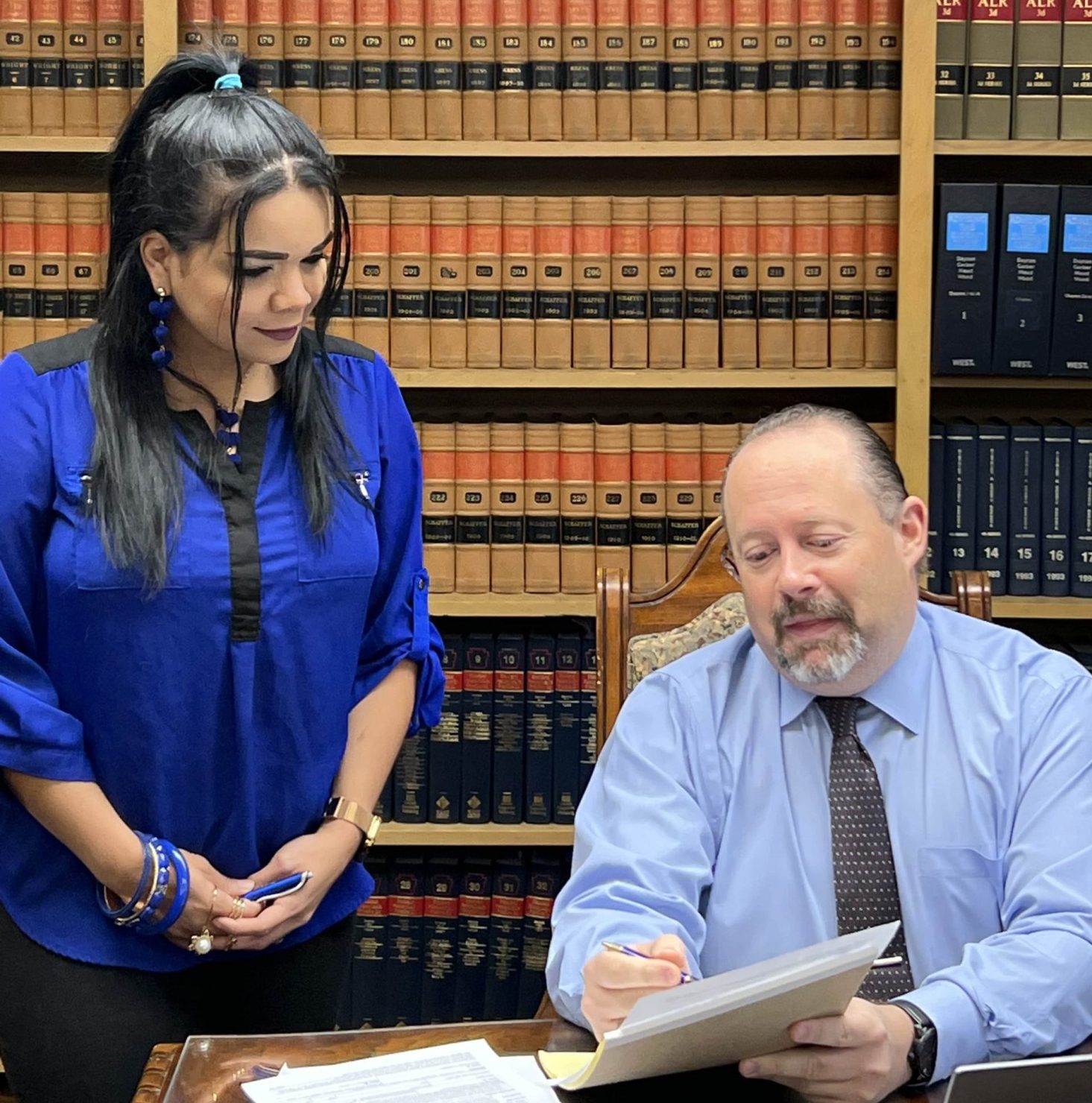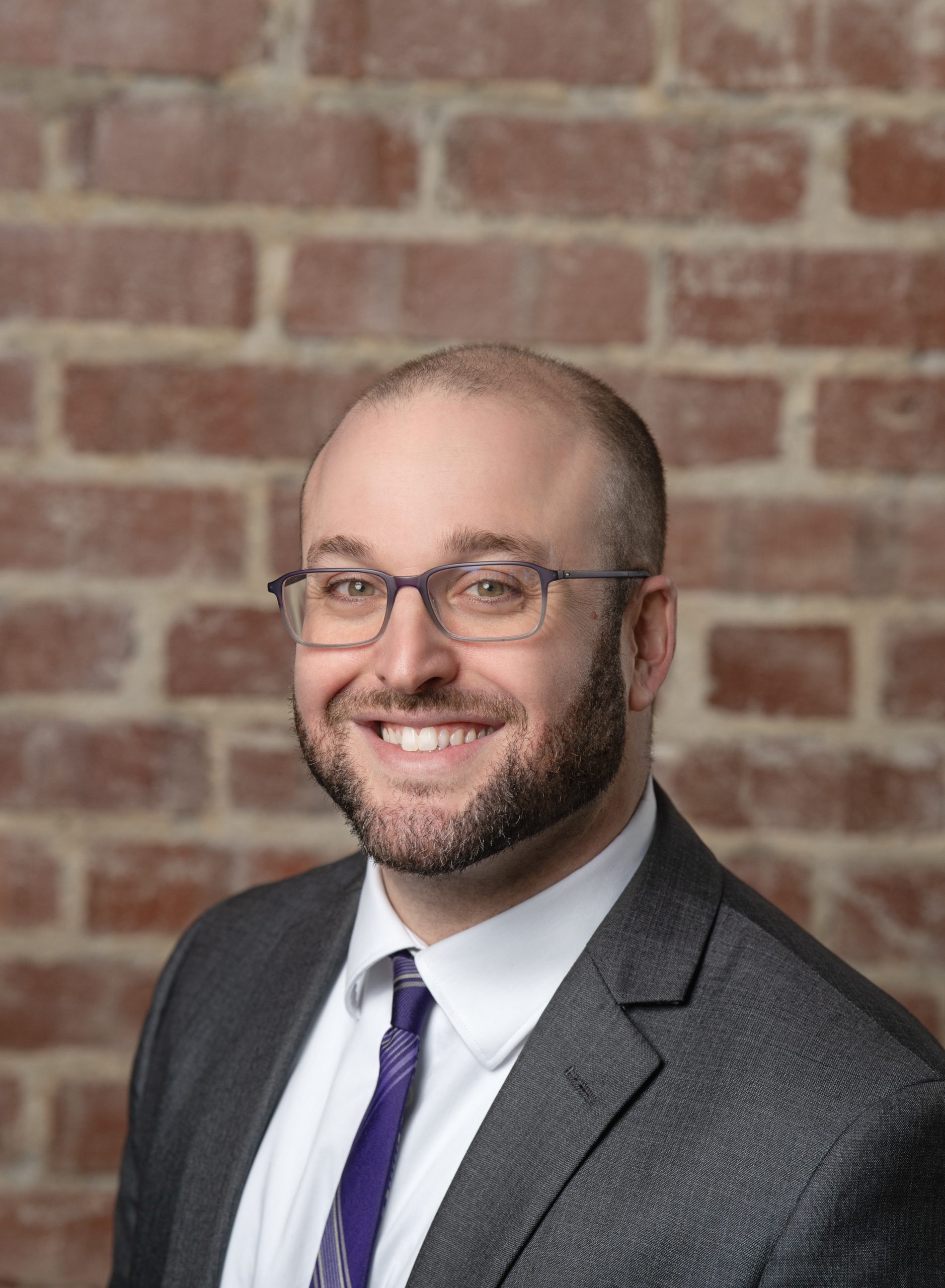
Social security is a complex area of law and an individual should have reliable and attentive personal representation when seeking social security benefits.
Buzgon Davis has a team of Social Security Disability lawyers in Lebanon County experienced in all aspects of the social security disability process, including the initial application, the appeals and hearing process, and any issues relating to cessations of benefits or denials of your claim for disability benefits or supplemental security income benefits.
The social security attorneys at Buzgon Davis have helped hundreds of clients in Lebanon and surrounding areas succeed in their disability claims at each level in the disability process, especially at the hearing level before an Administrative Law Judge. The earlier we become involved in your claim, the more we can assist you.
To learn more and discuss your specific case with a skilled SSI and SSDI lawyer in Lebanon County, contact our office at (717) 274-1421.
Schedule a Free ConsultationThe Social Security Administration has two programs that provide disability benefits to an individual who suffers from a serious physical or mental condition that has lasted 12 months, is expected to last 12 months or ultimately results in death.
The first program is Social Security Disability Income (SSDI). SSDI is for individuals who have earned enough work credits based on their past employment and payments into his or her FICA contributions.
The second program is Supplemental Security Income (SSI). SSI is a needs-based program for individuals who do not qualify for SSDI, but are still unable to work due to their serious physical or mental condition.
While there are complex distinctions between the two programs, which are better reserved for discussion with an experienced attorney, the primary distinction is monetary.
In addition to having a serious physical or mental condition under either the SSDI or SSI program, the individual must also be unable to engage in “substantial gainful activity” as a result of his or her physical or mental condition.
“Substantial gainful activity” in simple terms refers to your ability to earn a certain amount per month based upon your employment. Social security will measure your ability to work by looking at an individual’s gross (pre-deductions) monthly earnings.
The Social Security Administration sets the substantial gainful activity amount each year. If an individual earns more than the substantial gainful activity amount, it will affect that individual obtaining SSDI benefits. For the 2023 year, the substantial gainful activity amount is:
For SSI, social security does not count the first $85 you earn per month, however, your benefit amount for SSI will be reduced 50 cents for every dollar you earn over $85.
Children can also obtain disability benefits if he or she suffers from a serious physical or mental condition that has lasted 12 months, is expected to last 12 months or ultimately results in death.
The standard for a child to receive benefits is different then it is for individuals over 18 years of age, as social security looks at the child’s ability to function in certain areas, as opposed to their ability to work. Social security will consider the income and resources of the family members living in the child’s household, which can affect a child’s ability to obtain benefits.
There is a second program through which your child may receive what is referred to as disabled adult child benefits, or DAC benefits, if one of the child’s parents are deceased, or receiving benefits, and is also dependent upon the age of the child.
Step1: File an Application
The process for obtaining SSI and SSDI benefits for adults and children both start by filing in application for benefits. We can assit you in filing your application over the computer or by telephone.
At the initial application level, the Social Security Administration will ask you to fill out a number of different forms and may send you to a medical professional at one of several locations for a second opinion, or what they refer to as a consultative exam. Social security will also obtain your medical records from your medical providers, and may contact you to ask for updated information regarding your conditions.
The initial application process typically takes between 3 and 5 months. Thereafter, the local office will make a decision on your case.
Step 2: File an Appeal
The majority of cases at the local level are denied. This should not discourage you from filing an appeal. An individual has sixty (60) days from the date of his or her denial to appeal the denial of their initial application. This first step in the appeal process is called a Petition for Reconsideration.
The process involved in a Petition for Reconsideration is similar to the initial application process, as you will be required to complete a number of forms, social security will request updated records, and social security may send you for a second opinion. This part of the process in obtaining benefits also takes between 3 and 5 months.
Step 3: Request for a Hearing with an Administrative Law Judge
If you receive a denial of your Petition for Reconsideration the next step is to file a Request for a Hearing with an Administrative Law Judge. You will have sixty (60) days to file this appeal.
When appealed, the matter gets sent to a hearing office and an Administrative Law Judge (ALJ) is assigned to your case. The hearing office will schedule a hearing “de novo” with an ALJ, who will make a brand new decision in your case, as the ALJ is not bound to the decision on your initial application.
The time between an initial denial and a hearing before the ALJ can vary between 12 to 18 months. At present, you can have your hearing with an ALJ held in person, by phone or by video.
Step 1: When an individual finally reaches his or her hearing date with the ALJ, the disabled individual will be required to present his or her case and answer questions from the ALJ.
Step 2: The ALJ will then conclude the hearing and make a determination on the case based on the testimony at the hearing and the medical records in the individual’s file.
Step 3: If benefits are granted, the case is returned to the local office for calculation of payment. If benefits are denied, an individual can appeal further to the Social Security Appeals Council, the United States District Court or re-file with the local office.
As highly experienced SSDI and SSI lawyers in Lebanon County, Buzgon Davis thoroughly understands how to present your case to the ALJ. We have a passion for obtaining the best possible outcome for every client we represent.
The professional social security disability lawyers in Lebanon at Buzgon Davis can help you through the appeals process if your local office denies your benefits. Contact us today for assistance.
An individual with an approved disability is expected to continue to treat for that disability, as social security has the option to review your case from time to time, in a process that is called a continuing disability review.
Failure to continue to treat, or to properly handle the continuing disability review may result in the Social Security Administration making a decision that your condition has improved, and you are no longer entitled to receive benefits.
Even if we did not handle your initial disability claim we can assist you with regards to a continuing disability review. If you are receiving benefits through social security, and receive a letter that your benefits are going to cease, as a result of a cessation of benefits letter, it is imperative that you see an attorney immediately as you will only have a short period of time, 10 days, to file an appeal, in order to keep your benefits from being stopped while your appeal is pending.
An individual receiving SSI or SSDI benefits is also expected to not work above a certain amount which changes from year to year. If an individual receiving SSI or SSDI is working, his or her benefits can be significantly affected, either being reduced or stopped all together. A common occurrence of an individual working while receiving SSI or SSDI benefits is that social security will send out an overpayment letter to the individual receiving SSI or SSDI benefits, thus, requiring the individual to pay back money to the Social Security Administration.
*The information is for informational purposes only and is NOT to be construed as legal advice and does not create an attorney/client relationship. If you have any questions specific to your case, you should consult an attorney as each individual’s case and the law applicable thereto varies on a case-by-case basis.
Learn more and discuss your specific case with a skilled disability attorney.


Contact Buzgon Davis Law Offices to schedule a consultation by filling out our contact form or giving us a call at (717) 274-1421